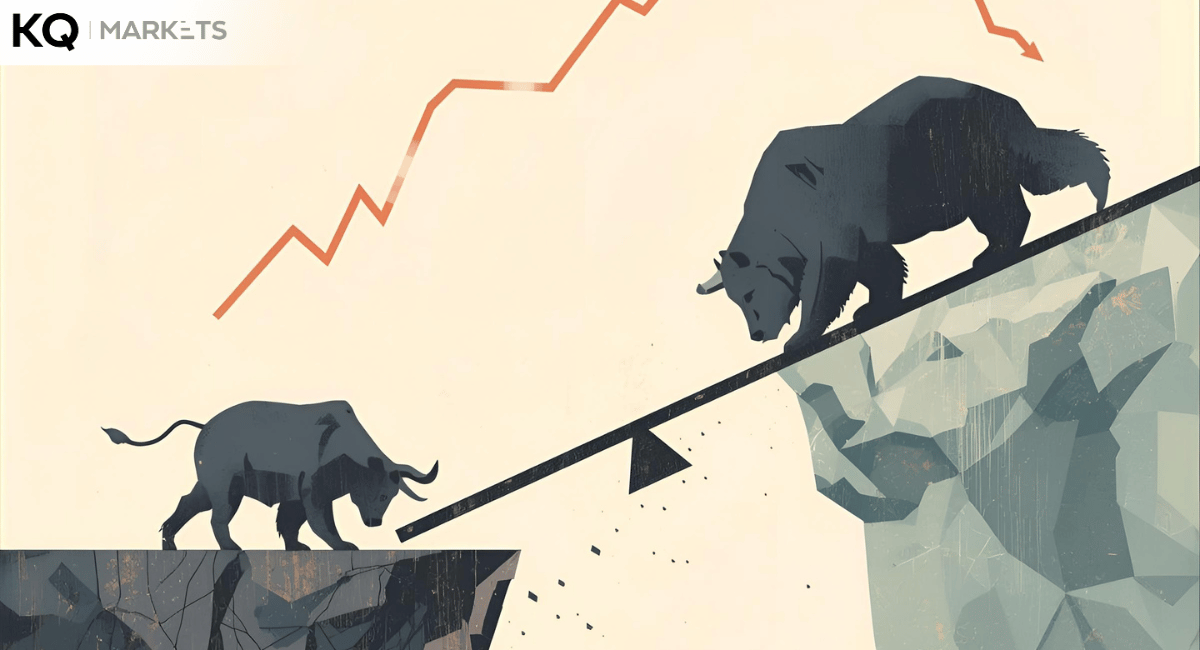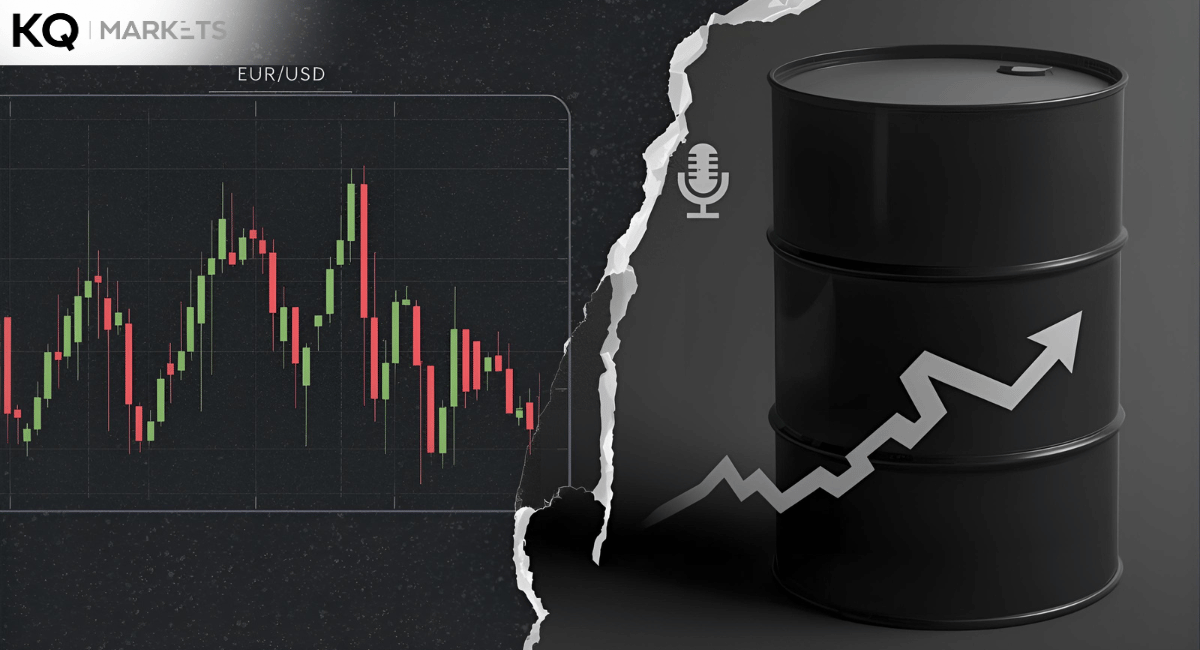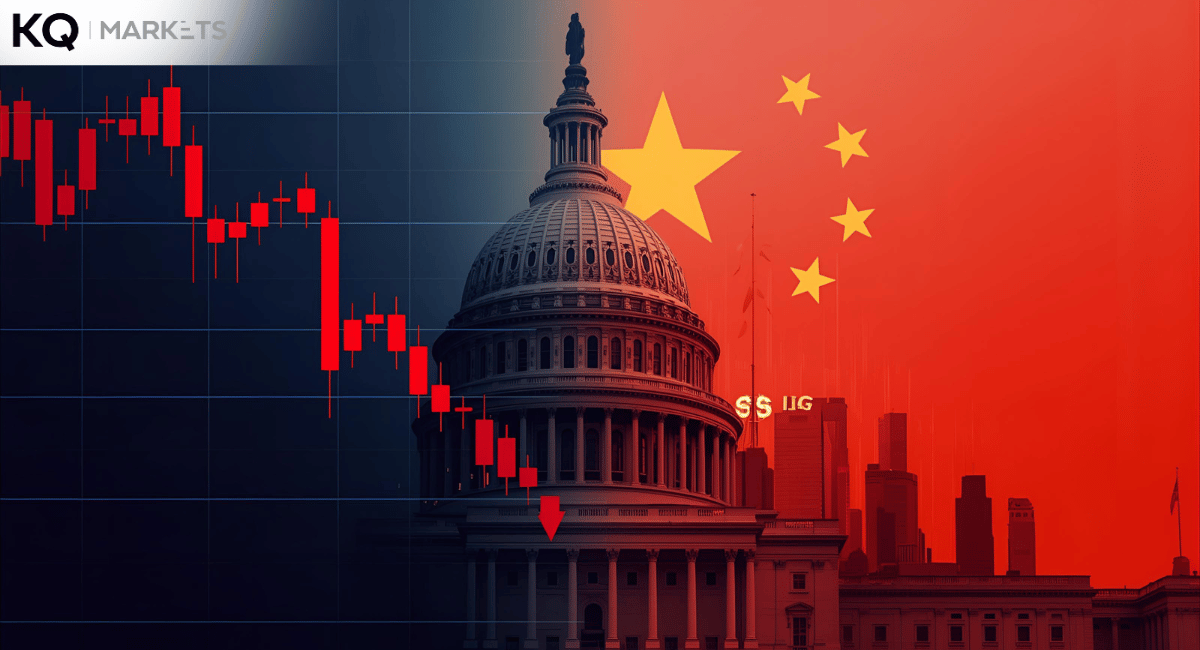As investor sentiment improves in the wake of political changes and easing trade concerns, Germany's DAX 40 index is getting close to record highs. The results of the larger European markets, meanwhile, are inconsistent and reflect varying regional economic signals.
Markets in Europe Respond to Political and Economic Events
Due to the UK's May Day bank holiday, the FTSE 100 saw little activity and the CAC 40 saw a 0.6% decline at the beginning of the week, while the DAX 40 gained over 1%. Several factors, such as macroeconomic changes and Germany's new coalition government, are influencing market reactions.
The New Coalition Government Shapes Germany's Prospects
Friedrich Merz, the leader of the Christian Democratic Union (CDU), is expected to become the chancellor of Germany after the country finalised a new conservative-led coalition. The coalition wants to modernise important infrastructure, strengthen immigration laws, raise defence spending, and accelerate economic growth.
This political clarity has bolstered investor confidence, as they anticipate that the policy changes will aid in the economy's recovery following an extended period of weak growth.
Investor sentiment is influenced by economic trends.
Germany's Q1 2025 GDP figures showed a 0.2% year-on-year contraction—the seventh consecutive quarter in recession—despite the recent improvement in market performance. Nonetheless, there is still hope as equity markets continue to be supported by reducing trade tensions, especially about possible US tariff relief for the automotive industry.
The UK's GDP increased by 0.6% in the three months preceding February 2025, the highest since the middle of 2024. The FTSE 100 has continued to rise, with 15 straight sessions of gains fuelled by expectations that the Bank of England will cut interest rates by another 25 basis points.
Technical Outlook: FTSE 100 and DAX 40
The DAX 40 climbed from its April low of 18,489 to nearly reach its March peak of 23,476. Although traders are still wary of a possible pullback, short-term momentum indicates that a test of the prior record is likely.
In the same way, the FTSE 100 has risen from a recent low of 7,544 to within 3.3% of its all-time high of 8,908 points. If a brief decline takes place, the 200-day moving average at 8,351 might be a crucial support level.
Conclusion: Implications of Increasing European Indices for Traders
European indices such as the DAX 40 and FTSE 100 remain sensitive to economic indicators, political clarity, and central bank signals. Traders must monitor GDP trends, interest rate decisions, and trade developments to anticipate both short-term moves and longer-term shifts.
At KQ Markets, we deliver real-time insights, technical analysis, and global economic updates to empower informed trading decisions. Whether you're focused on European indices or global markets, strategy starts with the right data.
Sign up with KQ Markets today and trade smarter with insights that move with the market.




